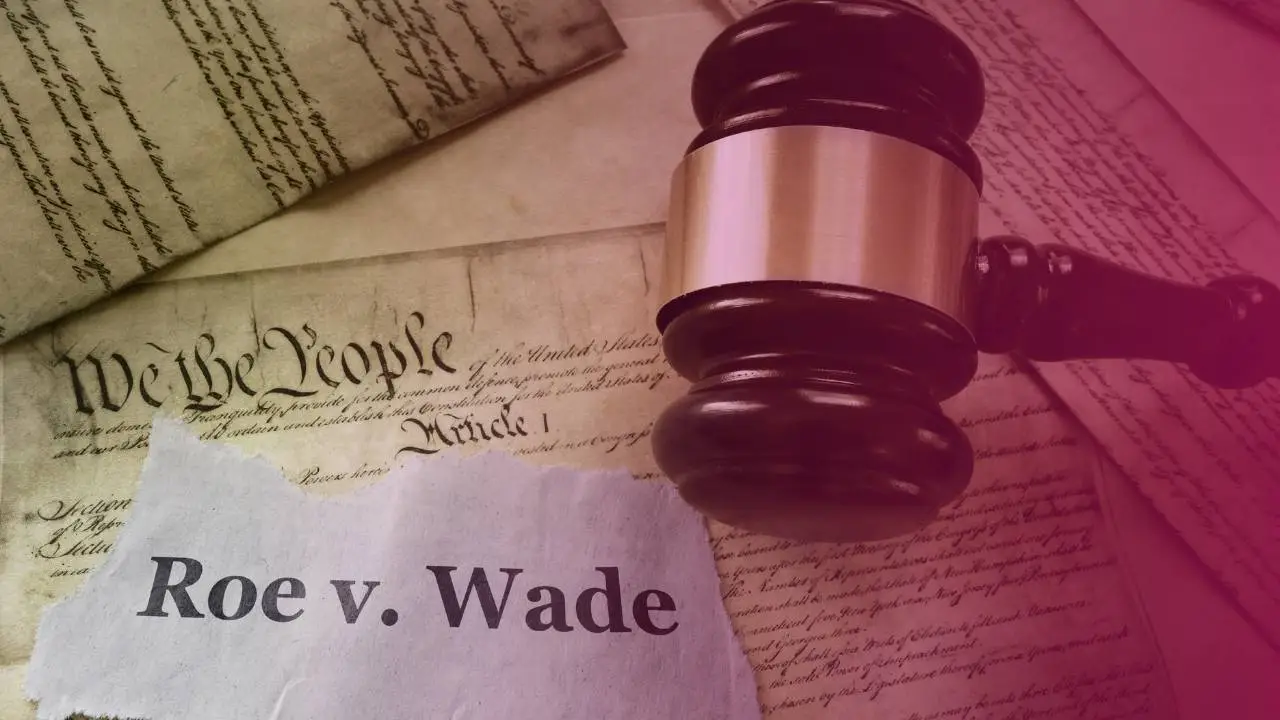
The Right to Privacy & Roe v Wade: The Little-Known Link Between Privacy Rights and Abortion Explained
Roe v Wade, the US Supreme Court case which protected the right to abortion for almost 50 years, was overturned by a conservative super majority earlier this year in a case called Dobbs v. Jackson Women’s Health Organization (2022). The decision sent shockwaves around the world as women started to question where their rights come from and how protected they truly are. During this time, the little-known link between privacy rights and abortion (and access to contraception, legalised consensual same-sex intimacy, biracial marriage, and same-sex marriage) was thrown into the spotlight.
The Right to Privacy: The Foundation for Access to Abortion in the US
The ‘right to privacy’ is not explicitly stated in the US Constitution, but it is broadly implied. It is implicit in the right to free speech, which is protected by the First Amendment, as well as the Fourth Amendment, which limits governmental intrusion into people’s private property.
Roe v Wade was a landmark decision which asserted that the right to liberty, which is protected by the Fourteenth Amendment to the US Constitution, and ‘privacy’, which is implied, encompassed a right to abortion. This decision built on previous decisions that recognized a right to decisional privacy that protects intimate and personal decisions from governmental interference.
When the conservative supermajority in the US Supreme Court overturned Roe v Wade, the majority opinion held that the US Constitution does not expressly contain a right to abortion. It also held that the right to liberty does not extend to abortion and that Roe v Wade was an incorrect decision, which should be overturned.
One of the Supreme Court judges, Justice Thomas, indicated that other rights linked to (but not expressly contained) in the Fourteenth Amendment are also now in doubt. These rights include the right to contraception, same-sex intimacy, biracial marriage, and same-sex marriage.
Privacy Rights and Abortion Access Still Overlap
Terrifying, the degradation of personal privacy that comes as a cost of using the internet, could now quite literally cost women their freedom – and may instead play a role in their imprisonment.
Privacy experts around the globe have strongly urged American women to delete their period-tracking apps. There’s a risk that law enforcement could use their data to build a circumstantial case against women who are suspected of having an abortion.
Consider this scenario:
A woman logs a period in May, then does not log another period for 16 weeks. During that time, her location data shows that she was at a location where abortions are known to be offered. Law enforcement subpoena these records and portray it as circumstantial evidence that an abortion occurred in a state that has criminalised abortions.
This evidence alone is likely to be compelling for jurors or judges tasked with considering abortion cases in the US. Given that these apps also ask questions about sexual activities and whether contraception was used, they now pose a significant risk to women who may seek an abortion.
Even more concerning is that apps could even sell the data to law enforcement for profit. The US-based period-tracker Flo made headlines when it was fined by the FTC for its poor privacy practices, which included selling user data while portraying itself as privacy-focused (a practice called privacy-washing).
As an aside, if you have previously used Flo and you would like your data to be deleted, it is not sufficient to simply delete the app. You must put in a request for your data to be deleted. You can submit this request to support@flosupport.zendesk.com.
Seminar on Roe v Wade and Privacy Rights
Interested in learning more? Come to the seminar:
Roe v Wade was a Privacy Case? – What’s that about?
An expert on US privacy law (and a strategic advisor at Privacy 108), Professor John Swinson will provide a background to privacy Law in the US, including:
- The constitutional right of privacy;
- Where the right came from; and
- Why Roe v Wade was such as important case from a human rights point of view.
He’ll then consider what happened in June 2020 with the decision in Dobbs, State Health Officer of the Mississippi Department of Health, Et Al. V. Jackson Women’s Health Organization Et Al, and what it means for the US constitutional right of privacy.
Details
Date: Wednesday 26 October 2022
Time: 4.00pm – 5.00pm AEST
Online. A link will be sent following registration
 About Professor John Swinson
About Professor John Swinson
John is one of Australia’s leading experts in information technology law, including privacy and cybersecurity.
As a former partner of the international law firm King & Wood Mallesons, John has 30 years of legal experience, with a principal focus on technology law and intellectual property law. John has considerable experience in the domestic and international aspects of technology law, and has represented organisations such as Microsoft, Tinder, Baidu, Toyota, Olympus, Peanuts, Marvel Comics, Rio Tinto, Technology One and Entain Group.
He is currently a professor at The University of Queensland in the Law facility, teaching subjects such as Internet law, privacy law, cybersecurity law, copyright law, and the application of law to new technologies.
John is a strategic adviser for Privacy 108, collaborating on research assignments, providing strategic support and assisting with some of the more challenging issues raised in our practice.
Expertise summary:
- Privacy law
- Cybersecurity law
- Technology law
- Licencing, copyright, patent law
- Trademarks and trade secrets
- Electronic commerce.

 About Professor John Swinson
About Professor John Swinson